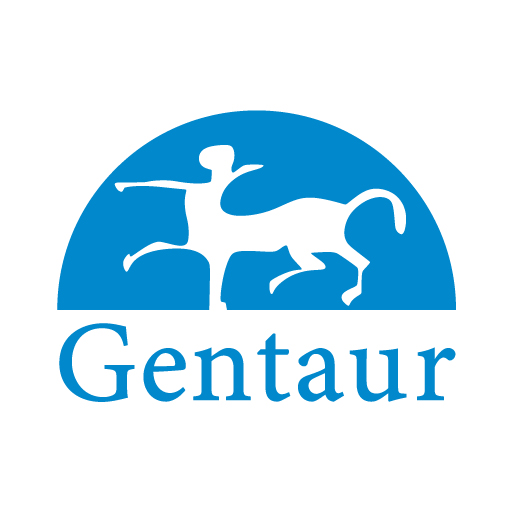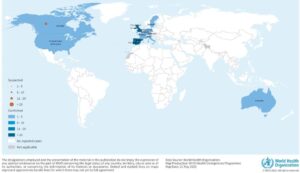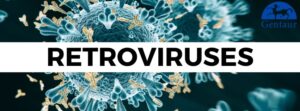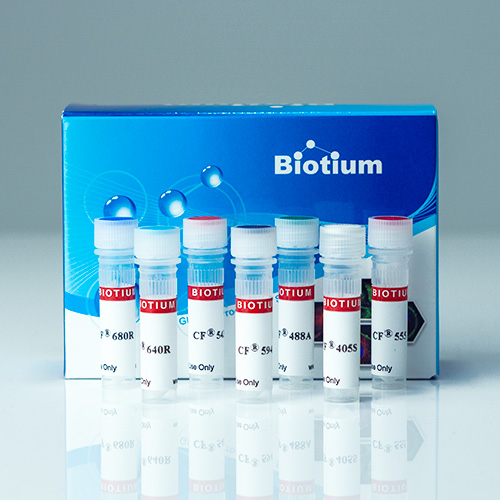ATG5 Antibody: Autophagy, the process of bulk degradation of cellular proteins through an autophagosomic-lysosomal pathway is important for normal growth control and may be defective in tumor cells. It is involved in the preservation of cellular nutrients under starvation conditions as well as the normal turnover of cytosolic components. This process is negatively regulated by TOR (Target of rapamycin) through phosphorylation of autophagy protein APG1. ATG5, another member of the autophagy protein family, forms a conjugate with ATG12; this conjugate has a ubiquitin-protein ligase (E3)-like activity for protein lipidation in autophagy. This conjugate also associates with innate immune response proteins such as RIG-I and VISA (also known as IPS-1), inhibiting type I interferon production and permitting viral replication in host cells.
Optimal dilutions/concentrations should be determined by the end user. The information provided is a guideline for product use. This product is for research use only.
- ATG5 antibody can be stored at 4˚
- C for three months and -20˚
- C, stable for up to one year. As with all antibodies care should be taken to avoid repeated freeze thaw cycles. Antibodies should not be exposed to prolonged high temperatures.
- Research area: Autophagy
- Host species: Chicken
- Species reactivity: Human, Mouse
- Homology: Predicted species reactivity based on immunogen sequence: Rat (100%), Bovine: (94%), Pig: (94%)
- Immunogen: Anti-ATG5 antibody (5031) was raised against a 16 amino acid synthetic peptide from near the amino terminus of human ATG5.
- The immunogen is located within the first 50 amino acids of ATG5.
- Tested Applications: E, WB, IHC-P
- Applications: WB: 1-2 μ
- g/mL
- IHC-P: 2.5 μ
- g/mL.
- Antibody validated: Western Blot in human and mouse samples, Immunohistochemistry in human samples. All other applications and species not yet tested.
- Specificity: Three isoforms of ATG5 are known to exist
- this ATG5 antibody will only detect the longest isoform.
- Positive control 1: Cat. No. 1406 - Mouse Spleen Tissue Lysate
- Positive control 2: Cat. No. 10-901 - Human Spleen Tissue Slide
- Positive control 3: N/A
- Positive control 4: N/A
- Positive control 5: N/A
- Positive control 6: N/A
- Predicted molecular weight: Predicted: 32kD
- Observed: 55kD (ATG5-ATG12 conjugation)
- MW explanation: N/A
- Validation:
Independent Antibody Validation in Cell lines (Figure 2) shows similar ATG5 expression profile in human and mouse cell lines detected by two independent anti-ATG5 antibodies that recognize different epitopes, 5031 against N-terminus domain and 64-229 against human recombinant protein.
- ATG5 proteins are detected in all the tested cell lines at different expression levels by the two independent antibodies.
- Isoforms: Human ATG5 has 2 isoforms, including isoform L (275aa, 32.4kD) and isoform S (197aa, 22.9kD. This antibody detects only human isoform L. Mouse ATG5 has 1 isoform (275aa, 32.4kD). Rat ATG5 has only one isoform identified so far (275aa, 32.4kD).
- Purification: ATG5 Antibody is affinity chromatography purified via peptide column.
- Clonality: Polyclonal
- Clone: N/A
- Isotype: IgY
- Conjugate: Unconjugated
- Physical state: Liquid
- Buffer: ATG5 Antibody is supplied in PBS containing 0.02% sodium azide.
- Concentration: 1 mg/mL
- NCBI official symbol: ATG5
- Accession #: EAW48415
- Protein GI #: 119568800
- NCBI gene ID#: 9474
- NCBI official full name: ATG5 autophagy related 5 homolog (S. cerevisiae)
- NCBI organism: Homo sapiens
- SWISSPROT #: A9UGY9
Optimal dilutions for each application to be determined by the researcher.











0 reviews for ProSci